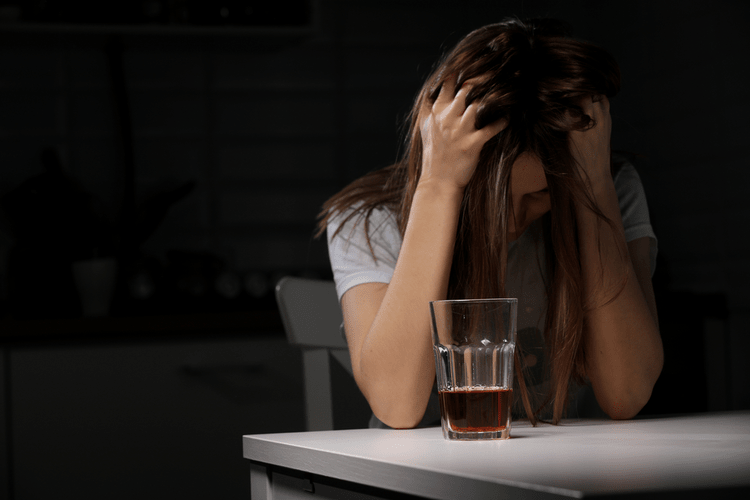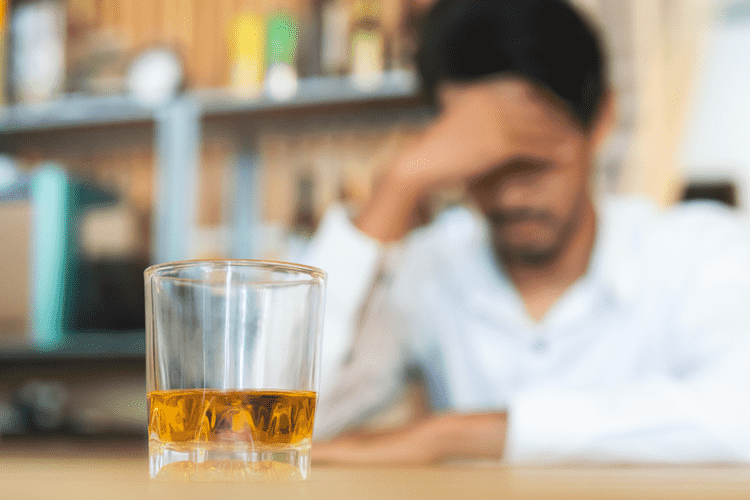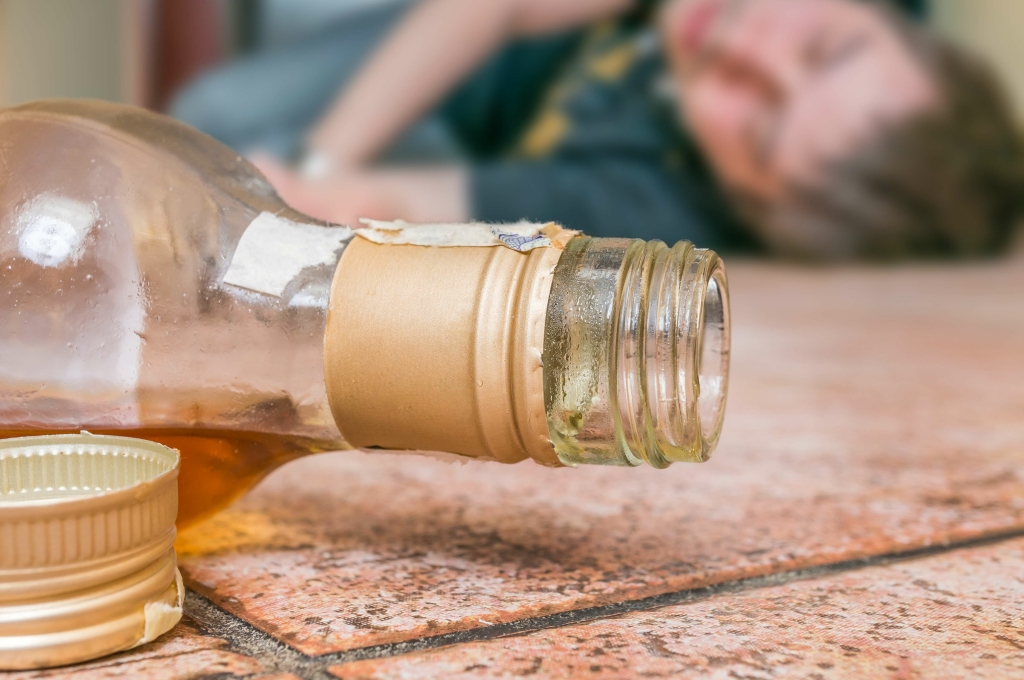A night of heavy drinking results in fragmented, low-quality rest. Sleep deprivation is a major contributor to hangover fatigue and brain fog, and several nights of poor sleep can prolong these symptoms well into the following days. A 3-day hangover is influenced by factors including severe dehydration, systemic inflammation, poor sleep quality, and a build-up of toxic byproducts like acetaldehyde. Your age, genetics, and overall health also play a significant role in how your body processes and https://dev-mdabddullah.pantheonsite.io/2022/10/14/10-tips-to-help-family-members-of-addicts-cope-and/ recovers from a night of heavy drinking.
- It’s always best to consult a doctor if you are concerned.
- If you must drink, it’s best to limit your alcohol intake.
- Have you ever over-indulged, drinking four or even more alcoholic beverages in a short period of time.
#8 Progressive muscle drop-off
Start with gentle stretching while seated or lying down, then progress to slow walking only when your heart rate feels more stable. Monitor how you feel and stop immediately if you notice any chest discomfort or excessive heart rate elevation. Your body temperature regulation, crucial for good sleep, also goes haywire. Alcohol initially causes blood vessels to dilate (making you feel warm), followed by excessive cooling as your body tries to compensate. This leads to night sweats and temperature fluctuations that can wake you up repeatedly. As we get older, our bodies produce less of the enzyme alcohol dehydrogenase (ADH), which breaks down alcohol.
Six: expanded blood vessels contribute to hangover headaches
Specifically, those with panic disorder or generalized anxiety disorder tend to experience prolonged headaches more often than those without. After your migraine lifts, you may experience a hangover-like feeling of fatigue and exhaustion. While it can be alarming for a headache to last a long time — so long that you may not be able to sleep it off — most headaches aren’t life threatening. But it’s no fun when a lingering headache affects your ability to do the things you enjoy.

Nine: glutamine rebound causes post-drinking restlessness
Poor diet or underlying medical conditions like diabetes or liver disease can impair recovery from alcohol’s effects. Drinking large volumes or higher-proof spirits increases the toxic load on your body. Congeners—chemical byproducts found in darker liquors like whiskey and red wine—can worsen hangovers compared to clear spirits such as vodka. Severe hangovers can linger up to 72 hours, depending on alcohol intake, hydration, and individual factors. Alcohol poisoning is a serious result of drinking too much too quickly.
If you don’t replenish those fluids properly after drinking, your symptoms will stick around longer. A hangover begins when a person’s blood alcohol level begins to drop. Some experts state that the symptoms of a hangover peak when a person’s blood alcohol level reaches 0. This means it is difficult to predict the number of drinks or the amount of alcohol that will cause a hangover. However, generally, if a person drinks enough to feel intoxicated, they have a greater chance of experiencing a hangover.

The reason could also be because your heavy alcohol intake has set off gastritis in your body or more serious conditions like alcohol poisoning. The first thing you must aim at is easing your hangover in such situations by staying well hydrated, having can a hangover last 3 days healthy breakfasts, and eating bland food if you’re going through continuous vomiting. However, when frequent, severe hangovers become part of your everyday life, you could be headed down a path toward alcohol use disorder.

Do showers help hangovers?
“Hair of the dog” is a common phrase, but it’s not good advice. It might be tempting to do things that feel comforting in the moment but actually make your hangover worse. Alcohol drains your body of essential nutrients, especially B vitamins and magnesium. These are important for brain function, energy production, and muscle support. And if you’re drinking multiple nights in a row, the effects can build up fast.
- When you drink, your body adjusts to the alcohol in your system in order to maintain a normal 8(ish)-hour cycle of sleep.
- Unsurprisingly to anyone who has ever had the displeasure of a 2-day hangover, carbs, and sugary foods might actually help you start to feel more human.
- Dealing with a hangover can be uncomfortable, but there are steps you can take to alleviate the symptoms and help your body recover more quickly.
- Even if you slept for 8 hours, it probably wasn’t restful—which affects how long you feel groggy.
- When it comes to the effects of alcohol after a night out, hangovers are a familiar and often unpleasant experience, resulting from drinking too much.
- Replenishing fluids and electrolytes is a critical step in recovery, and a significant deficit can mean a longer period of feeling unwell.
However, research has not found a connection between electrolyte disruption and hangover symptom severity. Hangovers begin when a person’s blood alcohol level drops several drug addiction treatment hours after they stop drinking. Especially if you’re vomiting, dehydration is a very common occurrence.